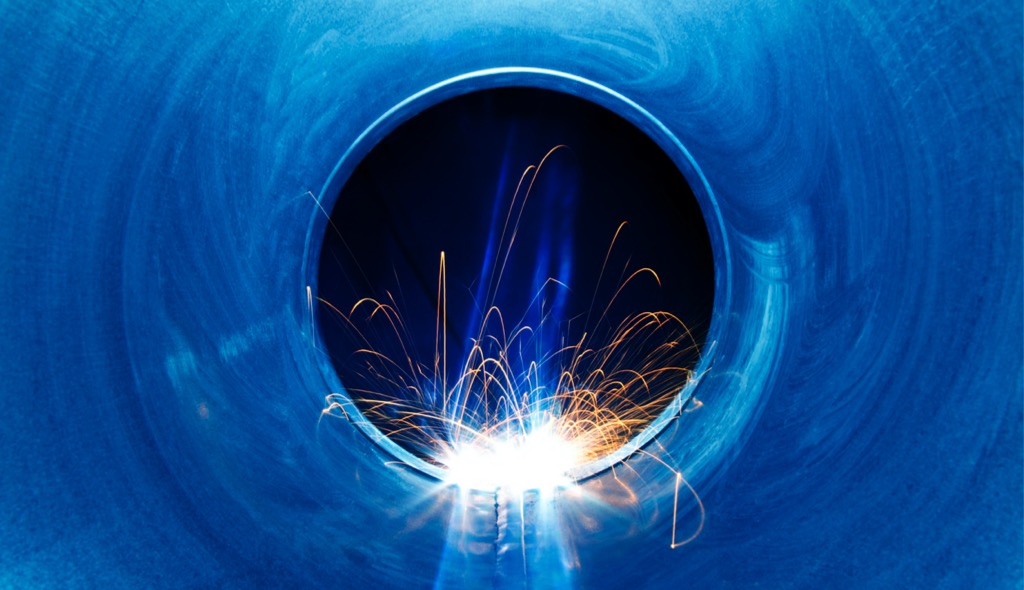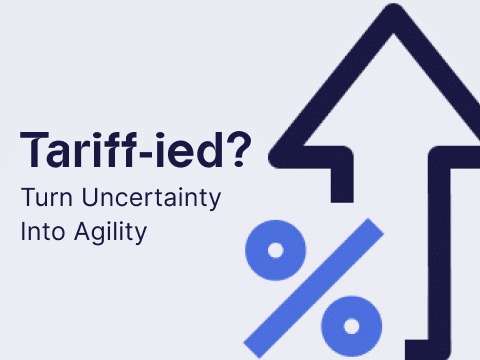
An AI-driven sustainability strategy can unlock a world of business benefits, including overcoming conflicting production objectives, empowering the workforce, and meeting regulatory requirements.
Can sustainability deliver better business outcomes? There’s no doubt: Cleaner, less wasteful production also optimizes them for efficiency, safety, uptime, and capacity, which all lead to more profitable operations.
Meet the Experts
Allison Kuhn is an analyst with LNS Research, an advisory and research organization focused on best practices in industrial transformation for operations and technology leaders. James Newman is Head of Product and Portfolio Marketing at Augury. In episode 4 of Flip this Factory, James and Allison discussed how sustainability trends are reshaping the manufacturing industry.
#1: Improve Revenue, Operating Margins, and COGS
Only a few years ago, improving sustainability and ESG performance ranked among the lowest of the options when manufacturers were asked which trends were impacting business the most. But there’s been a dramatic shift: Today it’s often listed as one of the top three most impactful business trends. Here’s why:
- 86% of those with sustainability as Imperative grew revenues by at least 3%
- 85% of those with sustainability as Imperative improved operating margins
- by at least 3%
- 82% of those with sustainability as Imperative reduced cost of goods sold (COGS) by at least 3%
“The data is overwhelmingly showing that, not only are we seeing more and more pressure to become more sustainable, but we’re seeing the business value more and more and more.”
– Allison Kuhn
#2: Win the War for Talent By Redefining Manufacturing Work
Research finds that more than 70% of job seekers are not interested in manufacturing careers. Worse, a large majority of manufacturing workers would not recommend manufacturing as a career. coming to work for manufacturers. How can sustainability strategies help manufacturing companies overcome this trend and reimagine industrial work to counter the “dirty, dull, and dangerous” reputation? It starts with understanding the values of the “next gen” workforce.
“You can’t pay your way out of this issue,” Allison explained. As digital natives, this group demands work that incorporates digital technologies. But that’s just the start. “The future of industrial work “is about meaningful work, it’s about showing them that you’re doing something for the greater good, you’re not being wasteful, and you’re really interested in not just improving the lives of the workforce, but improving our overall footprint on the planet.”
Which is exactly what sustainable practices can deliver: new ways of working that emphasize the more thoughtful use of resources, employee health and safety, and prioritizing efficient machines and processes–for the good of the business, consumers, and the environment.
#3: Adopt Emerging Technologies
Technology is not a silver bullet. So when and how should companies wield new IoT or AI tools in ways that will help the business, its employees, and its ESG or sustainability efforts?
“One of the biggest gaps is that people don’t know what data they need in order to drive improvements,” Allison explained. “So the cost effectiveness and availability of sensors and edge technology to give you that information, real time from the floor, has significantly improved.”
Business leaders adopt emerging technologies at a substantially higher rate than non-leaders. But it’s not about embracing the latest technology; it’s about embracing technology that provides significant returns.
Allison pointed to a few examples. “Right now, we have a lot of folks educating executives on the investments needed to get to net zero. There are systems that can [calculate and understand] their true emissions. We have systems that are looking at people issues–do we have the right PPE, are we ergonomically safe or not? And a lot of these things are filling in the gaps that we’ve seen in the past.”
Ready to Flip Your Factory?
Our five-part series explores defeating downtime, optimizing assets, improving processes, reducing waste, and transforming work. Watch each webisode, download the bonus content, and become a Production Health Pro.




